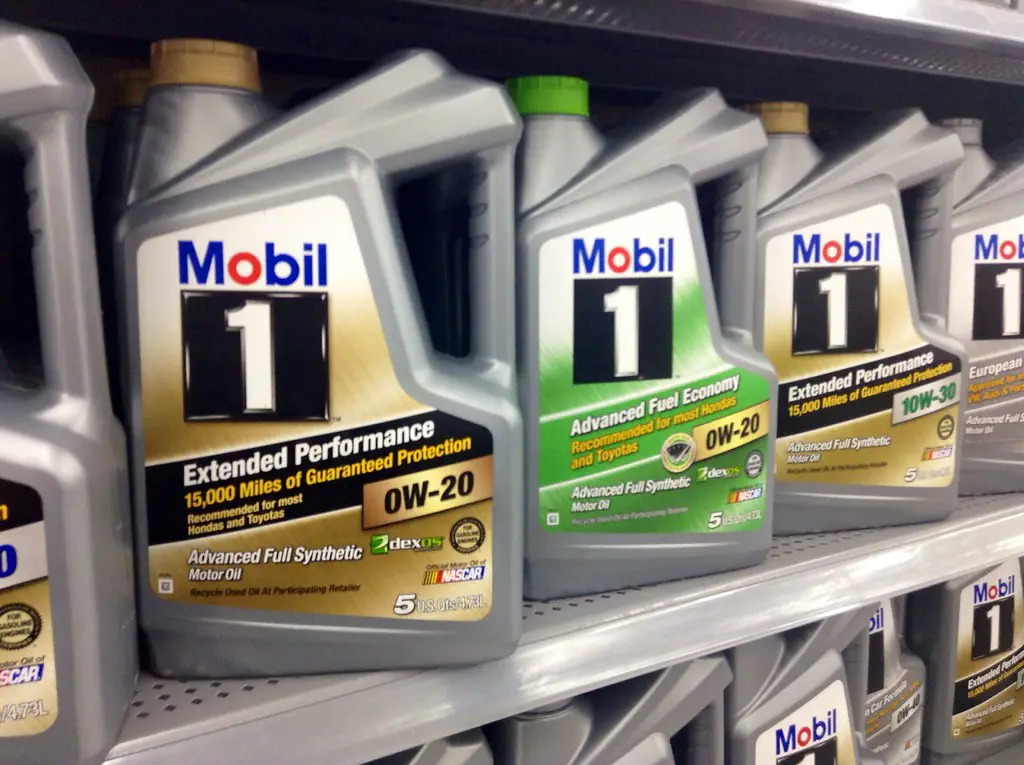If you’re a car enthusiast or a beginner looking to understand the intricacies of engine oils, you’ve come to the right place. In this guide, we’ll explore the key differences between two popular motor oils: 5W20 and 10W30. These oils play a crucial role in maintaining your vehicle’s performance and longevity, and understanding their characteristics can help you make an informed decision.
5W20 and 10W30: Unraveling the Numbers and Letters
Before delving into the specifics, let’s decode the numbers and letters that define these engine oils. The “W” stands for winter, indicating the oil’s performance in cold temperatures. The first number, such as 5W or 10W, represents the oil’s viscosity at low temperatures. A lower number signifies better flow in colder conditions. The second number, like 20 or 30, corresponds to the oil’s viscosity at higher temperatures. Higher numbers suggest thicker oil that can withstand hotter conditions.
5W20: The Multi-Grade Viscosity Marvel
5W20 is a versatile engine oil known for its ability to flow smoothly in cold climates. With a viscosity rating of 5 at low temperatures, it provides rapid lubrication during chilly starts, protecting vital engine components. As temperatures rise, its viscosity increases to 20, ensuring efficient lubrication at higher engine temperatures. This oil is ideal for gasoline engines, light-duty diesel engines, and cold climate conditions.
10W30: Your Engine’s Reliable Shield
On the other hand, 10W30 is a heavyweight champion when it comes to high-temperature protection. Its thicker viscosity (10W at low temperatures and 30W at high temperatures) creates a robust protective layer, particularly beneficial for heavy-duty engines and older vehicles. It excels in extreme weather conditions and high-stress situations, making it a favored choice for towing and heavy loads.
Comparing the Pros and Cons
While both oils have their strengths, their differences can influence your choice based on your vehicle’s needs and your driving conditions.
5W20 vs. 10W30: The Showdown
1. Viscosity and Lubrication
5W20’s thinner viscosity ensures quick lubrication during cold starts, whereas 10W30’s thicker nature provides superior lubrication under high temperatures. This makes 5W20 ideal for cold climates and 10W30 suitable for extreme heat.
2. Fuel Efficiency
5W20 offers a slight edge in fuel efficiency due to its lower internal resistance, which can lead to better mileage. 10W30’s thicker nature may have a marginal impact on fuel economy.
3. Engine Wear and Tear
5W20’s rapid flow protects engine parts during cold starts. 10W30 might take a bit longer to reach critical components, potentially leading to increased wear over time in certain situations.
4. Environmental Considerations
5W20’s potential for better fuel efficiency can contribute to lower CO2 emissions. In contrast, 10W30’s thicker viscosity might lead to slightly higher emissions.
5. Engine Manufacturer Recommendations
It’s crucial to adhere to your vehicle manufacturer’s recommendations. While mixing 5W20 and 10W30 won’t harm your engine, following the guidelines ensures optimal performance and warranty coverage.
Can You Use 10W30 Instead of 5W20?
So, can you use 10w30 instead of 5w20? Yes, you can use 10W30 instead of 5W20 in certain situations. 10W30 offers better high-temperature protection, enhanced engine lubrication, and suitability for extreme weather and high-stress conditions. However, it might have a minor impact on fuel efficiency, cold-weather startups, and engine deposits. Always refer to your owner’s manual for guidance.
Conclusion
Choosing between 5W20 and 10W30 depends on your vehicle’s requirements and your driving conditions. While 5W20 excels in cold climates and provides better fuel efficiency, 10W30 offers superior high-temperature protection and is ideal for heavy-duty usage. Consult your owner’s manual and consider factors like climate, engine type, and manufacturer recommendations to make an informed decision. Remember, selecting the right engine oil not only ensures optimal performance but also contributes to a greener environment.

